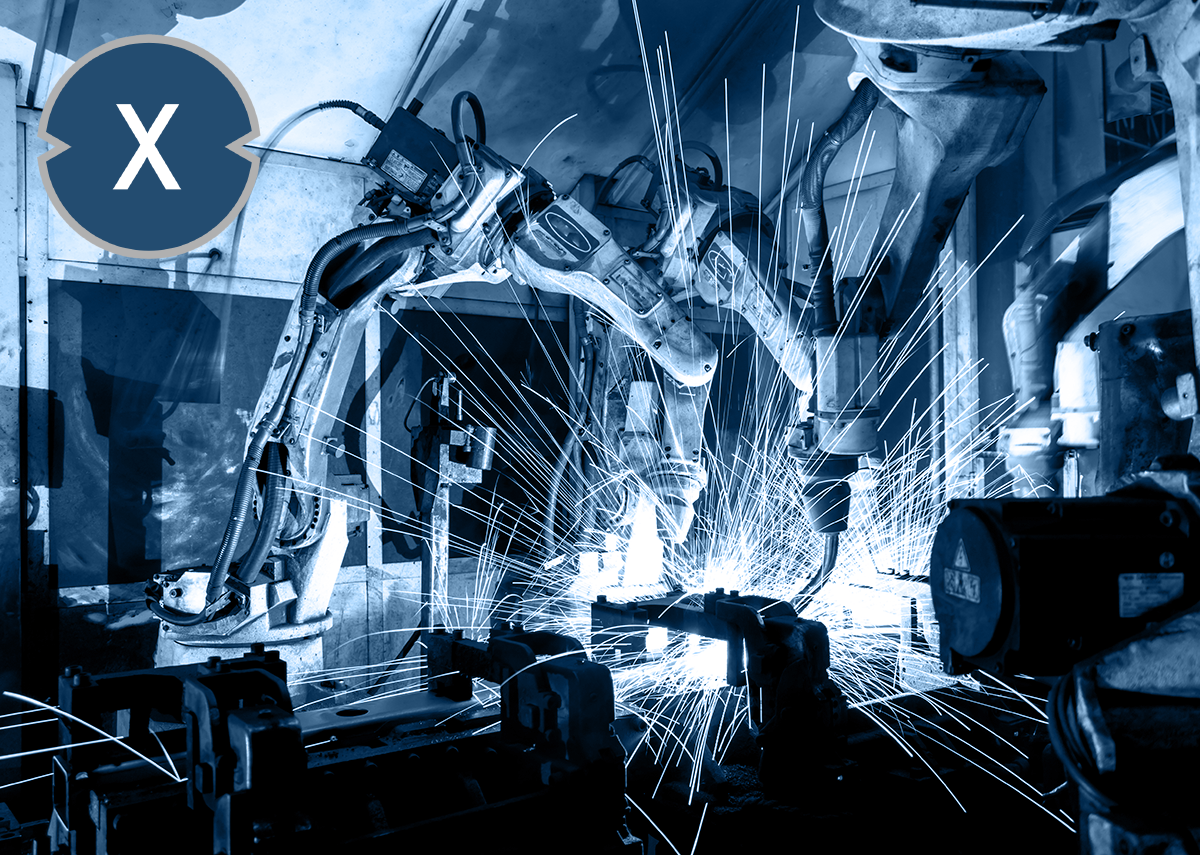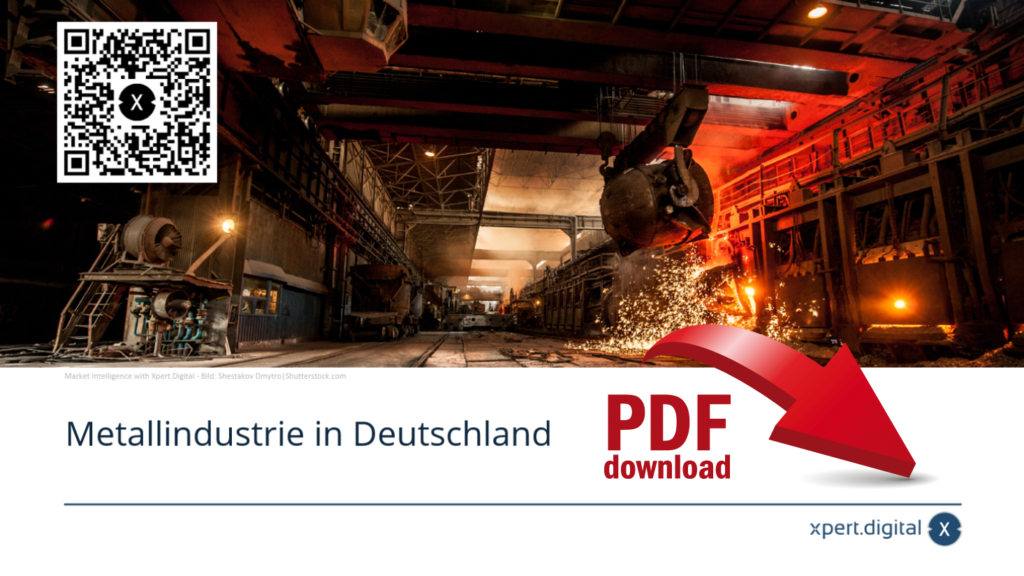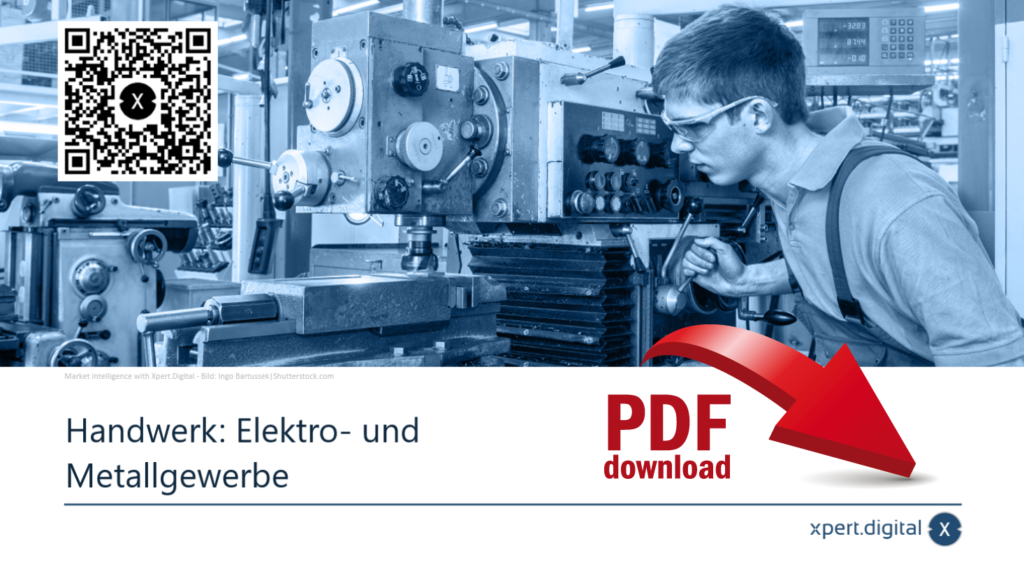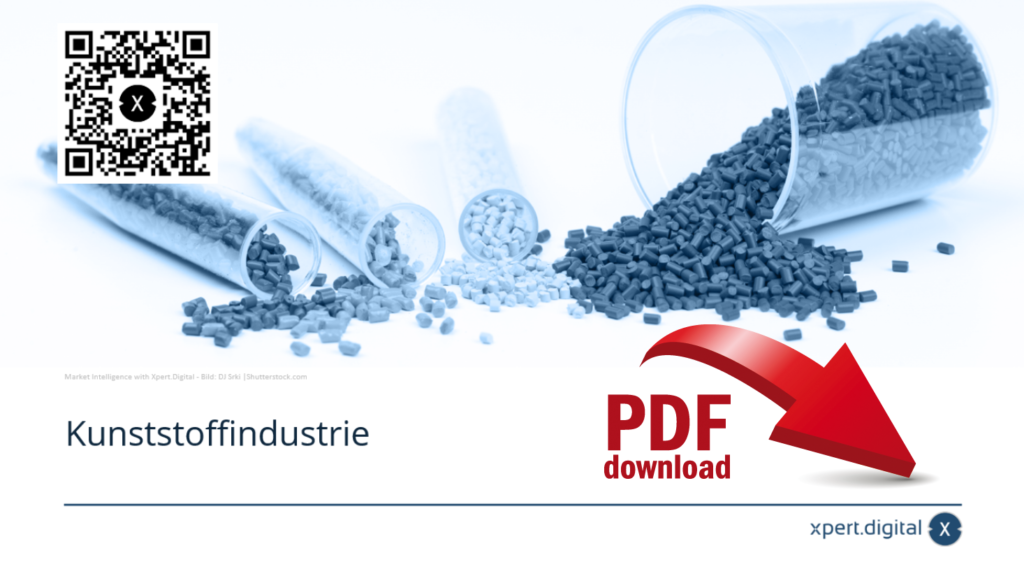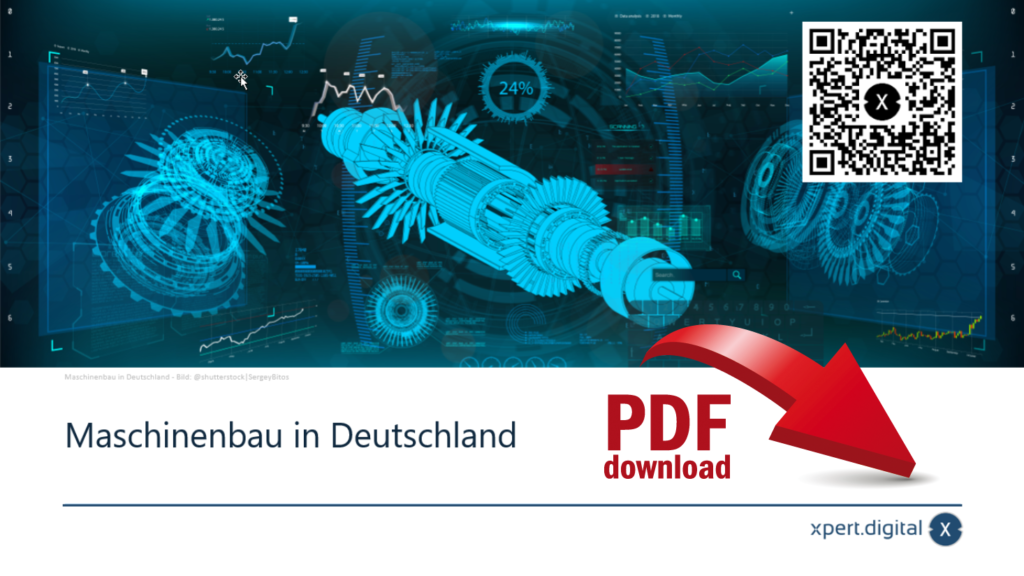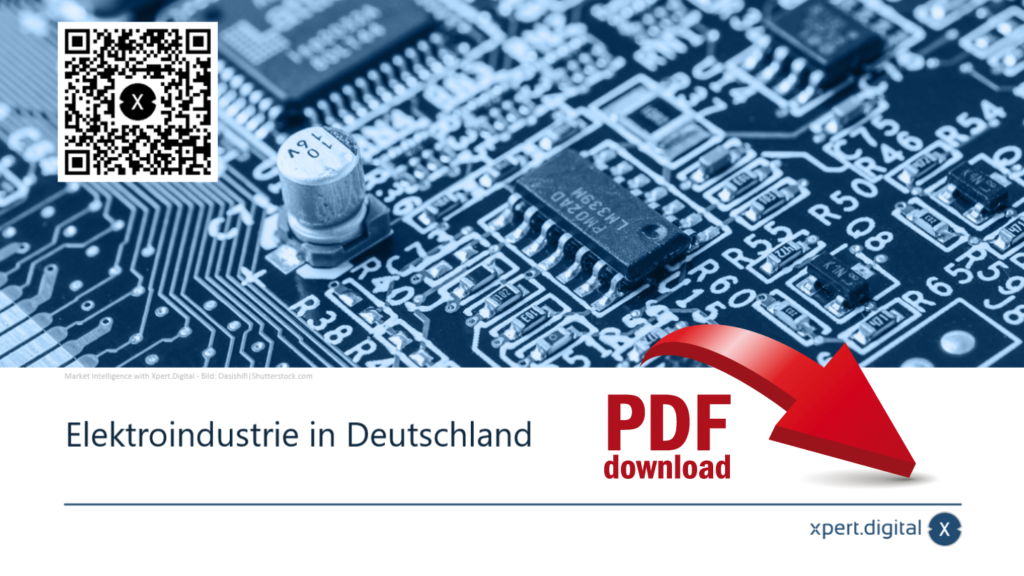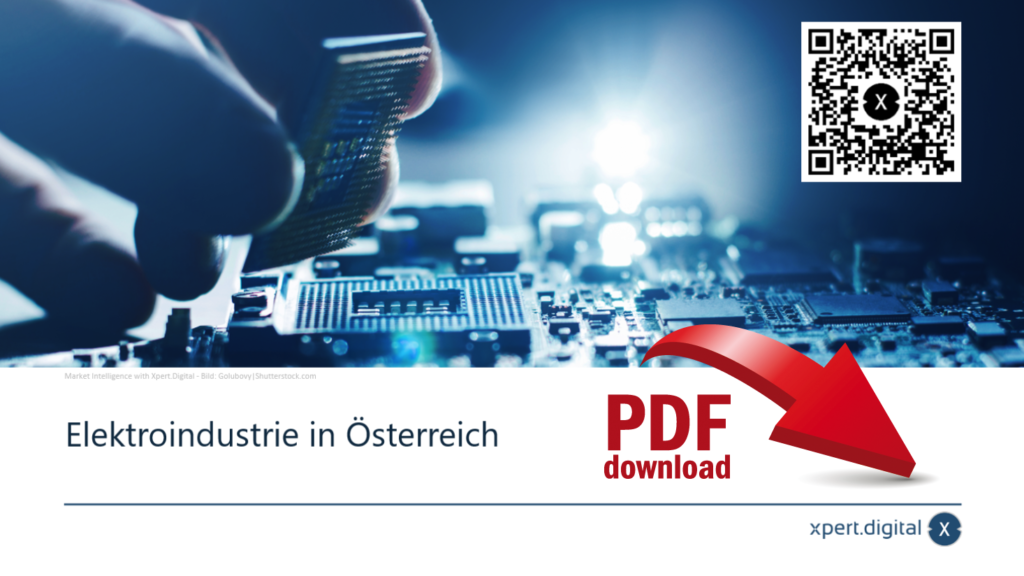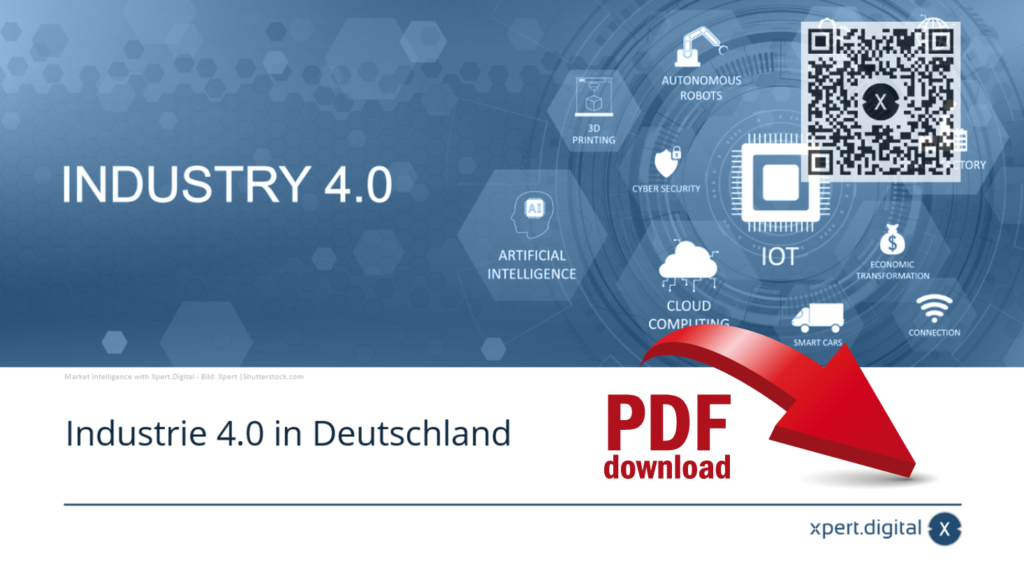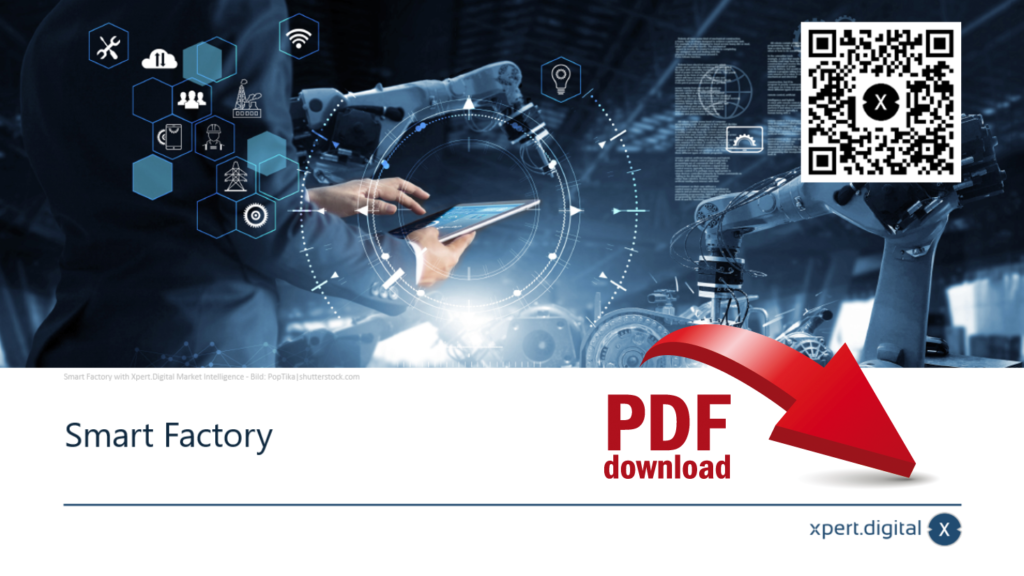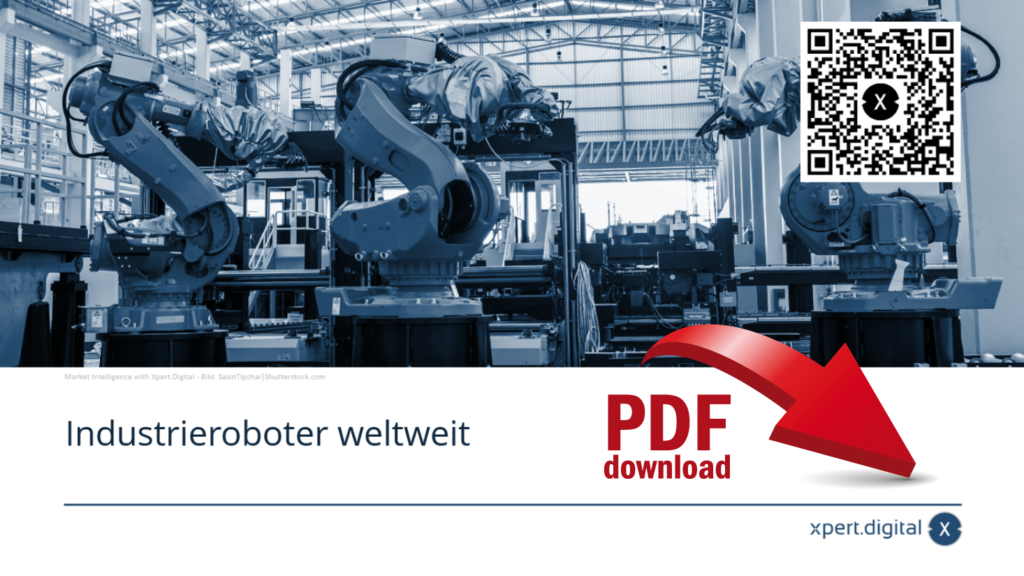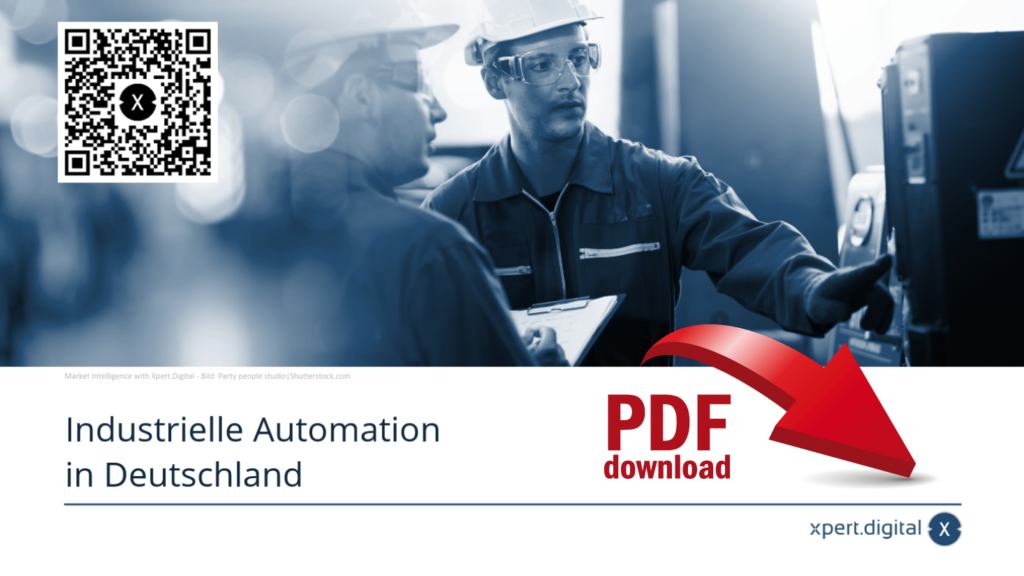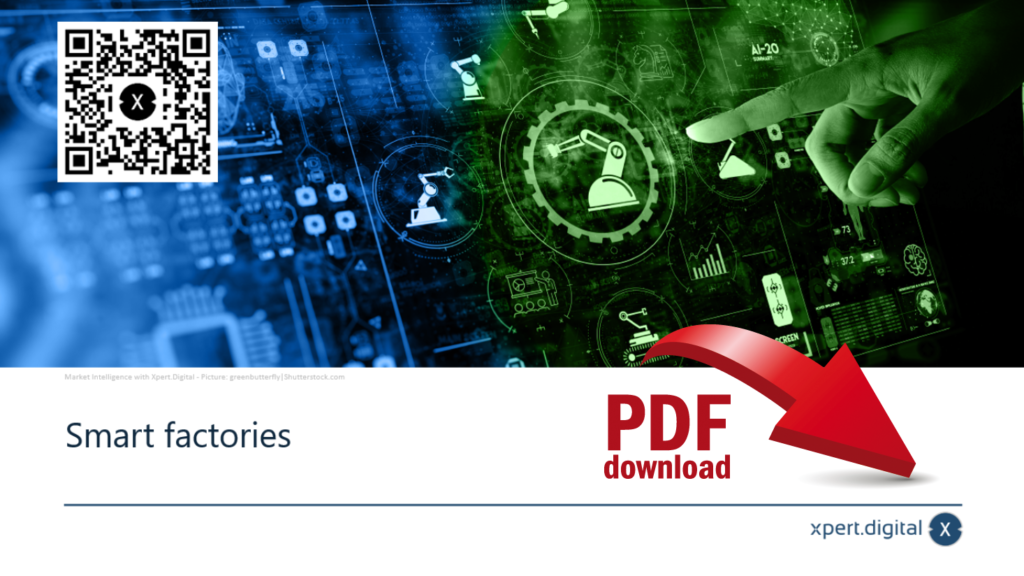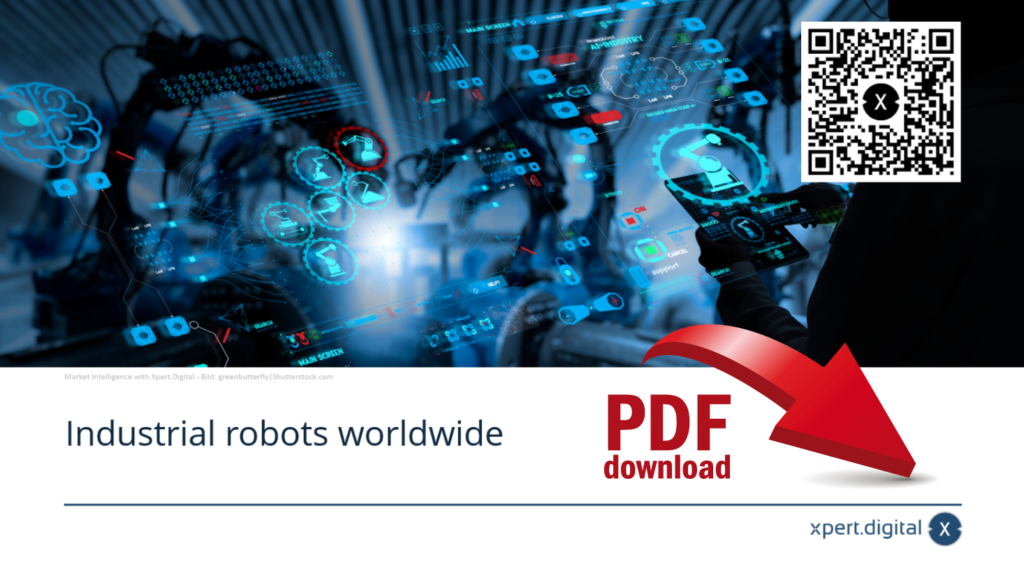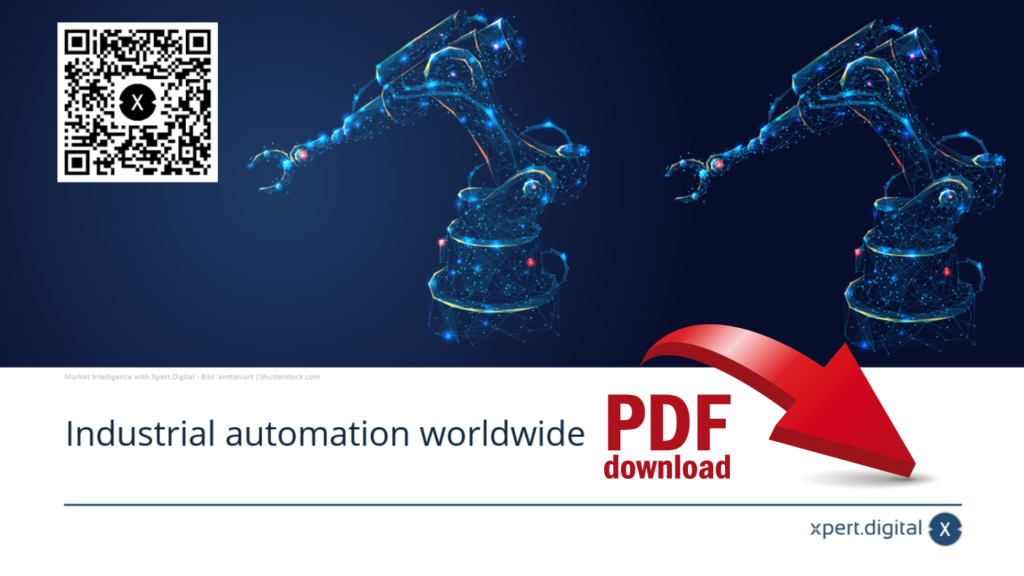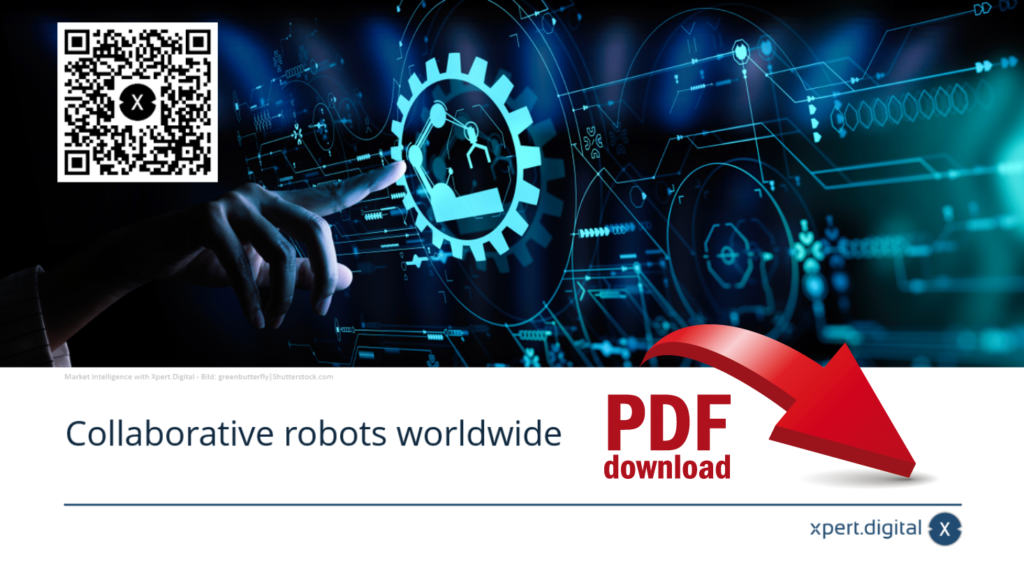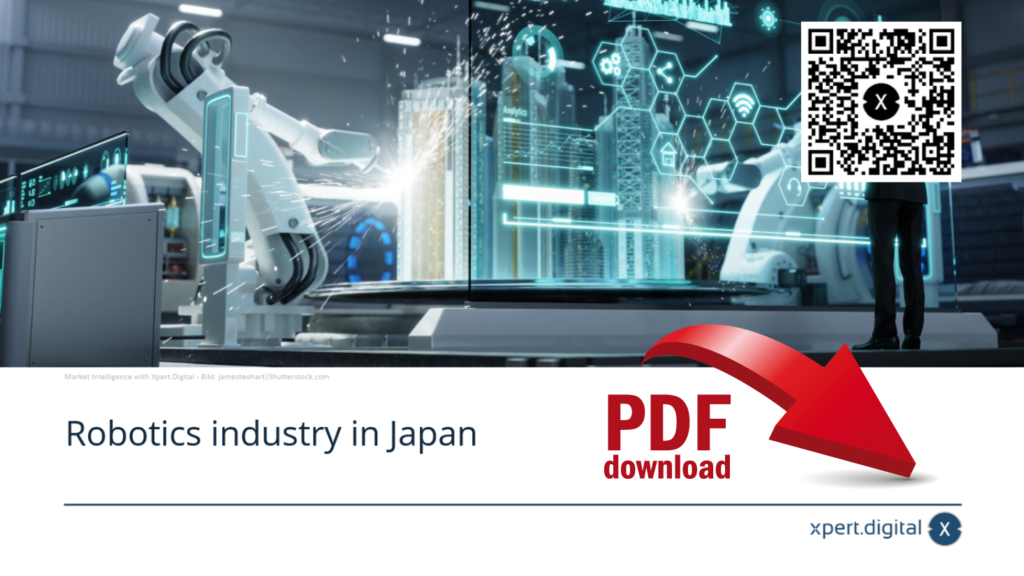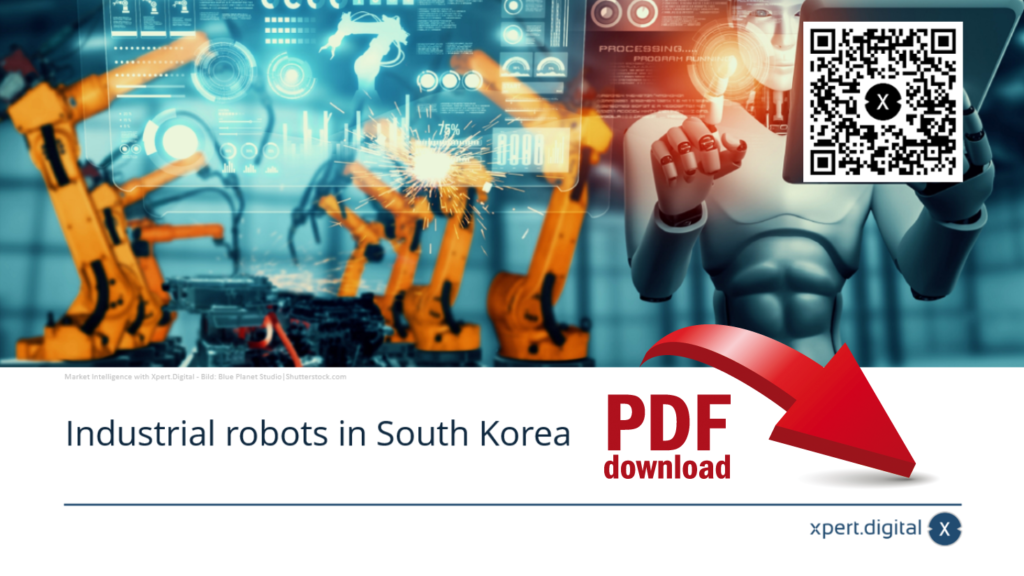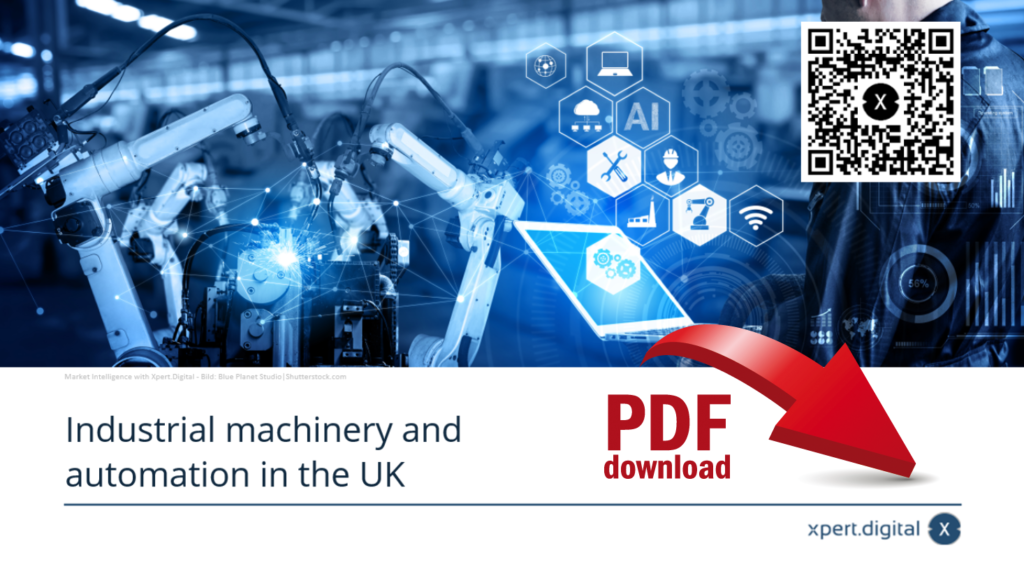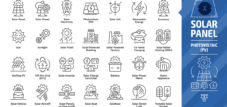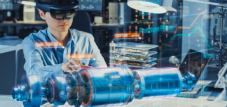The industry, automation and further development into 4.0 - PDF library & useful information
Language selection 📢
Published on: November 3, 2021 / update from: November 8, 2021 - Author: Konrad Wolfenstein
In the last third of the 19th century, European industrialization had a new direction. In this “second industrial revolution”, the German economy was a leader (“from the straggler to the pioneer”). In the past, she had to import techniques from England, she has now become a technology exporter. In addition to the chemical industry and electrical engineering, the new dominating industries also included mechanical engineering and optical industry.
With Industry 4.0, new possibilities and potential for intelligent production in the smart factory are developing, for example with flexible manufacturing processes: All processes in the manufacturing process are transparent in the smart factory, which allows companies to be flexible to changing conditions (e.g. increased feed-in of green electricity due to changed weather conditions). react and adapt processes quickly. Added to this is individual production: special customer requests can be implemented flexibly, profitably and at short notice, as the time-consuming reprogramming of the machines is no longer necessary.
Nowadays, the automation industry and the field of robotics are an integral part of Industry 4.0, also in the outlook and expansion of future projects.
In the wake of Industry 4.0, the topic of industrial automation is becoming more and more the focus of current discussions. The automation industry already plays an important role in the context of digitalized production processes.
The increasing interest becomes clear when looking at the sales of the German automation industry. A continuous increase has been observed from 2013 to 2018. In 2019 and 2020, earnings declined slightly. The area of measurement technology and process automation is the sector with the highest sales within the automation industry.
Industrial robots are an important sector on the way to digitalized and automated production processes. In 2017, global sales amounted to around 381,000 industrial robots.
Industrial automation is also an important employer in Germany. In 2020, the industry employed around 258,200 people. The largest automation technology companies in the world, measured by sales, are Siemens, Emerson, ABB and Schneider Electric. Siemens generated sales of around $14 billion in 2019 alone. The Japanese company Mitsubishi Electric and ABB Robotics from Switzerland are also considered the most important manufacturers of industrial robots.
Industry & mechanical engineering – electrical & metal
- Metal industry in Germany – PDF download
- Crafts: Electrical and metal trades – PDF download
- Plastics industry – PDF download
- Mechanical engineering in Germany – PDF download
- Electrical industry in Germany – PDF download
- Electrical industry in Austria – PDF download
Smart Factory, Industry 4.0 with automation and robotics
- Industry 4.0 in Germany – PDF download
- Smart Factory – PDF Download
- Industrial robots worldwide – PDF download
- Industrial automation in Germany – PDF download
- Smart factories – PDF download
Robotics worldwide
- Industrial robots worldwide – PDF Download
- Industrial automation worldwide – PDF download
- Collaborative robots worldwide – PDF Download
Robotics in the countries
- Robotics industry in Japan – PDF Download
- Industrial robots in South Korea – PDF Download
- Industrial machinery and automation in the United Kingdom (UK) – PDF Download
More PDF libraries
- Customer Demographics Library – Demographics Knowledge Base (PDF)
- Online Marketing Library – Knowledge Base (PDF)
- E-Commerce Library – Knowledge Base (PDF)
- Social Media Marketing Library – Knowledge Base (PDF)
- SEO Library – SEM knowledge database (PDF)
- Search Engine Advertising / SEA Library – Search Engine Advertising Knowledge Base (PDF)
- Photovoltaic library (PDF)
- Extended Reality (XR) Library (PDF)
- Smart Vision and Trends Library (PDF)
- Corona Library – Covid-19 knowledge database (PDF)
Why Xpert.Plus ?
I would be happy to serve as your personal advisor.
You can contact me by filling out the contact form below or simply call me on +49 89 89 674 804 (Munich) .
I'm looking forward to our joint project.
Xpert.Digital – Konrad Wolfenstein
Xpert.Digital is a hub for industry with a focus on digitalization, mechanical engineering, logistics/intralogistics and photovoltaics.
With our 360° business development solution, we support well-known companies from new business to after sales.
Market intelligence, smarketing, marketing automation, content development, PR, mail campaigns, personalized social media and lead nurturing are part of our digital tools.
You can find out more at: www.xpert.digital – www.xpert.solar – www.xpert.plus



